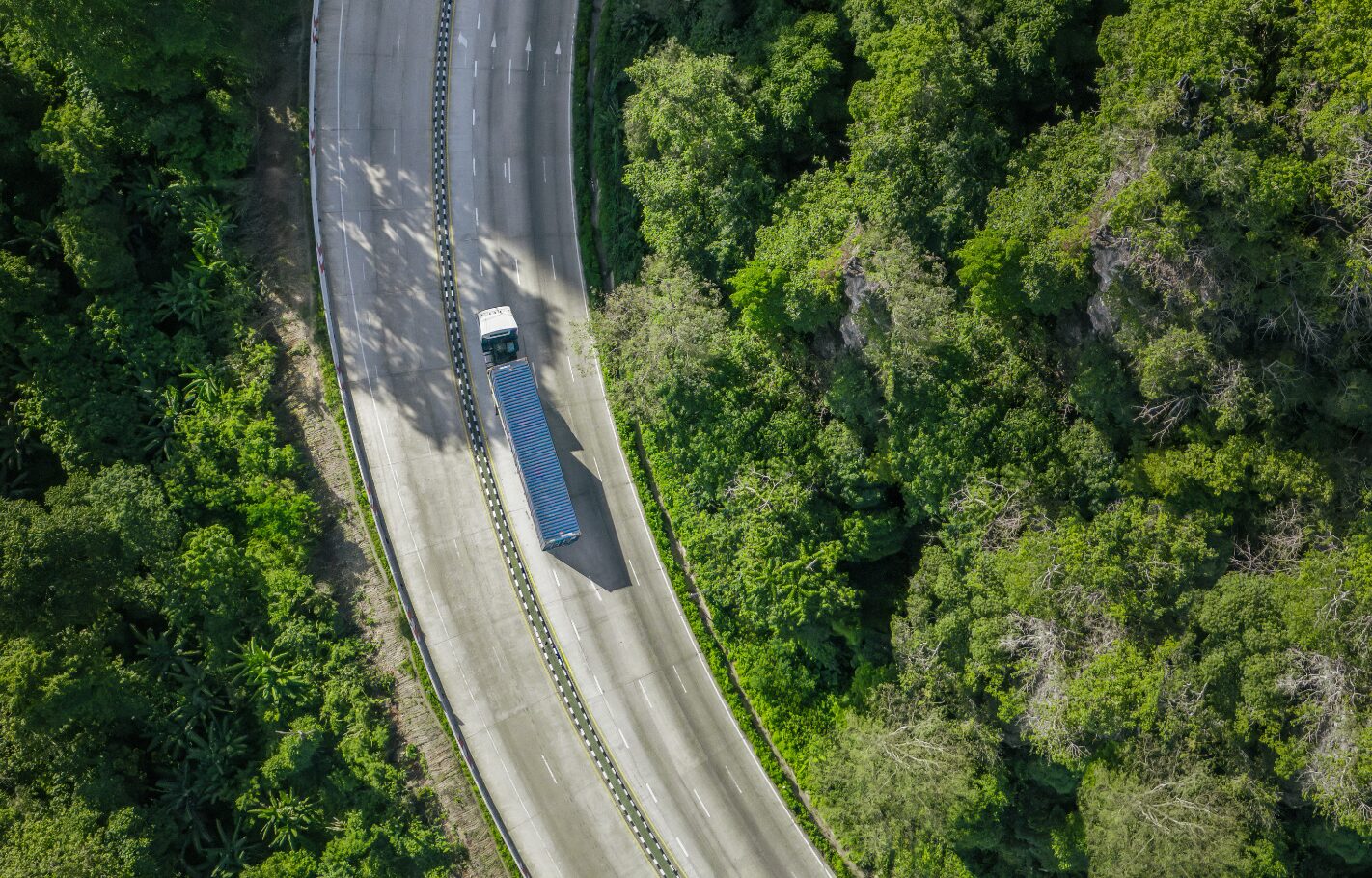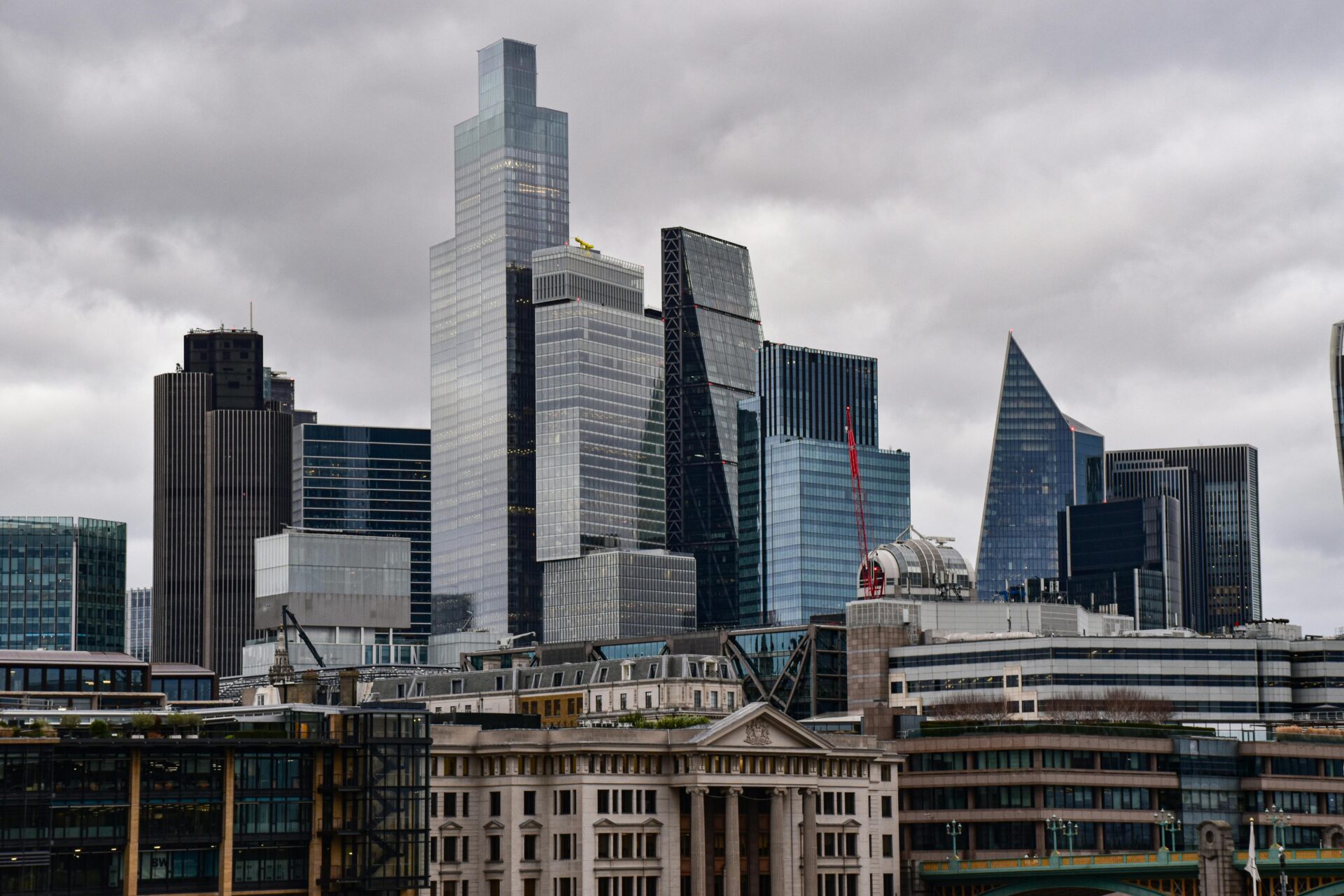How artificial intelligence innovators can benefit from R&...
Explore how AI innovators in the UK can overcome R&D challenges and boost innovation through ...

The increasing urgency of environmental concerns has placed sustainability as a higher priority for many businesses. With new net-zero legislation being introduced, changing consumer attitudes, and stubbornly high energy costs, it’s now no longer a question of if but when your business needs a sustainability plan.
In this article, we explain the benefits of having a decarbonisation strategy to help organisations build a business case for sustainability.
A decarbonisation strategy is a plan for building a sustainable business. Simply put, this will be a plan for lowering your environmental impact by reducing your carbon output (e.g., reducing energy use or wastage) as well as self-generating energy through renewable means.
No business can become sustainable overnight, so a good decarbonisation strategy will present a clear timeline for switching to more energy-efficient and sustainable practices with clear goals and milestones for the future.
There are four primary reasons that a business should consider implementing a sustainability plan: reputation, regulatory compliance, employee retention, and market relevance. We touch on each of these in more detail below.
From a reputational point of view, we’ve seen significant attitude changes over the last ten years. Investors and consumers are now much more conscious of environmental issues than ever before, and they will therefore actively be expecting organisations to have a plan to decarbonise through a clear sustainability strategy.
On the flip side of this is that there’s a real negative perception of companies that don’t have a decarbonisation strategy in place, which can do real damage to a brand’s reputation.
As a nation, we’ve set some key environmental targets to hit. One way the government will do this is through regulatory requirements.
For example, as part of the government’s Net Zero Strategy, the UK is making it mandatory for Britain’s largest businesses to make climate disclosures. This is already being phased in, with disclosures fully mandatory across the economy by 2025.
The government has also introduced a Procurement Policy to ensure carbon reduction, where all companies bidding for government contracts worth more than £5 million a year must commit to achieving Net Zero emissions by 2050 through a carbon reduction plan. This will be legally binding by 2050 for all businesses. But some organisations are taking steps that are speeding up this procurement policy. For example, the NHS will require a carbon reduction policy for all contracts by April 2024 onwards.
Failure to adapt to these changes can potentially impact a business’ ability to move into different markets. It’s also important that organisations are prepared for future regulations by having a decarbonisation strategy, and it’s also crucial for organisations to think about how they can take advantage of the coming changes, as businesses may miss out on opportunities by not understanding the regulations.
More and more employees want to work for businesses that align with their values – including sustainability values. Sustainability and carbon reduction have become key concerns, so much so that one in three 18–24-year-olds in the UK have rejected job offers from companies with poor environmental records, and over 40% of gen Z and millennials would change jobs if they had environmental concerns. So, if you want to recruit and retain talent, aligning your values to your employees as an organisation is essential.
Sustainability is a great way to increase your market relevance, as it can become a key differentiator for your business.
Having a sustainability strategy should be thought of as an opportunity for you as a business to set yourselves apart from your competitors, your industry, and your sector. Thinking ahead and acting early on decarbonisation allows you to be an industry leader, a commercial opportunity that many businesses can easily miss.
There are two common barriers that prevent businesses from having a plan for decarbonising: cost and expertise.
Getting the cost right can initially cause some anxiety for businesses. In a challenging economic climate that’s been difficult for many businesses, it’s easy for carbon reduction to slip down the list of priorities – especially for those that are struggling.
Sustainability strategies should be seen as a way of supporting organisations with their costs. It’s ultimately a cost-cutting measure that will save you money, eventually funding itself. Reducing energy usage is a saving that can be used to invest in other parts of the business for growth.
Sustainable tech is one of the fastest moving industries. There are now significant innovations coming into the market that can reduce your energy and carbon usage. So, how do you keep on top of all the developments and advances? Especially when keeping up to date with sustainability as an organisation already requires knowledge of energy procurement, electric vehicle charging, solar panelling, carbon reduction – these are all incredibly different skillsets, and some businesses won’t have the knowledge and expertise needed.
Many businesses aren’t sure where to start when it comes to sustainability planning. A good phrase to think of is: “The best Kwh is the one you don’t use, or you generate yourself”. This mantra gives clarity in terms of what a business should fundamentally aim to achieve: 1) to reduce the amount of energy used 2) generate their own energy.
These are two clear goals which can help to drive your long-term sustainability strategy for decarbonisation.
In order to achieve these goals, a systematic approach of measuring energy use, reviewing energy spend, reducing carbon footprint and preparing for future legislation will put any organisation on the right path towards achieving successful decarbonisation. Below, we explore each of these in more detail.
Before you start planning what you can do to reduce energy, you need to know where you are with energy consumption today.
For example, where in your organisation are you using your energy? Is it a factory? Is it in offices? Not all sustainable technology will be right for your organisation, as there’s so much on the market. By understanding where you are using energy, you can better identify which solutions will help you reduce your energy use as well as allow you to be smarter with decisions going forward.
Businesses must ensure that they’re not spending a penny more than they need to for their energy use.
To do this, you should carry out a bill validation process to ensure that you are paying for exactly what you get from your energy provider.
It’s also valuable to get professional advice on the energy exemption schemes that are available, such as the Energy-Intensive Industries (EII) scheme or the Climate Change Levy (CCL). There are several such schemes and grants out there, some of which are sector-specific. Poor market awareness of these schemes often leads to businesses missing out on significant financial benefits and relief.
Finally, we passionately recommend having a green energy buying strategy. All businesses have to use energy, so they need to think about how they buy that energy. It’s worth treating as a priority as energy prices are still significantly higher than in 2015, accounting for a huge business spend.
There are a variety of actions that a company can take over time to reduce their carbon footprint, including:
These measures, from upgrading equipment to self-generating energy through renewables, can dramatically improve a business’s sustainability credentials.
As we’ve already discussed in this article, it’s crucial for organisations to prepare themselves for future legislation by having a sustainability strategy that anticipates these changes and leverages them to their advantage.
At Leyton, we collaborate closely with the Department of Business and Trade to keep our clients informed about upcoming initiatives, such as the supercharger network set to roll out across 2024.
If you need help figuring out where to start with your decarbonisation strategy, our energy experts can help. They’ll help you to understand your energy spend so that you can craft and deliver a realistic and impactful sustainability plan.
We can achieve this in three ways, firstly reviewing your business to understand whether you are eligible for any exemptions or compensation payments associated with the non-commodity of your energy bills. Once we have checked this, we can then ensure your costs are being calculated correctly by auditing your billing and finally we can support with your buying strategy to make sure you are on the greenest, leanest contract.
If you enjoyed reading this article, you might also like:
Explore our latest insights

Explore how AI innovators in the UK can overcome R&D challenges and boost innovation through ...

How to Turn Carbon Reporting and Compliance into a Competitive Business Advantage

Leveraging Capital Allowances to strengthen business resilience and reduce tax

Business Grants for R&D Projects | Funding Opportunities Explained